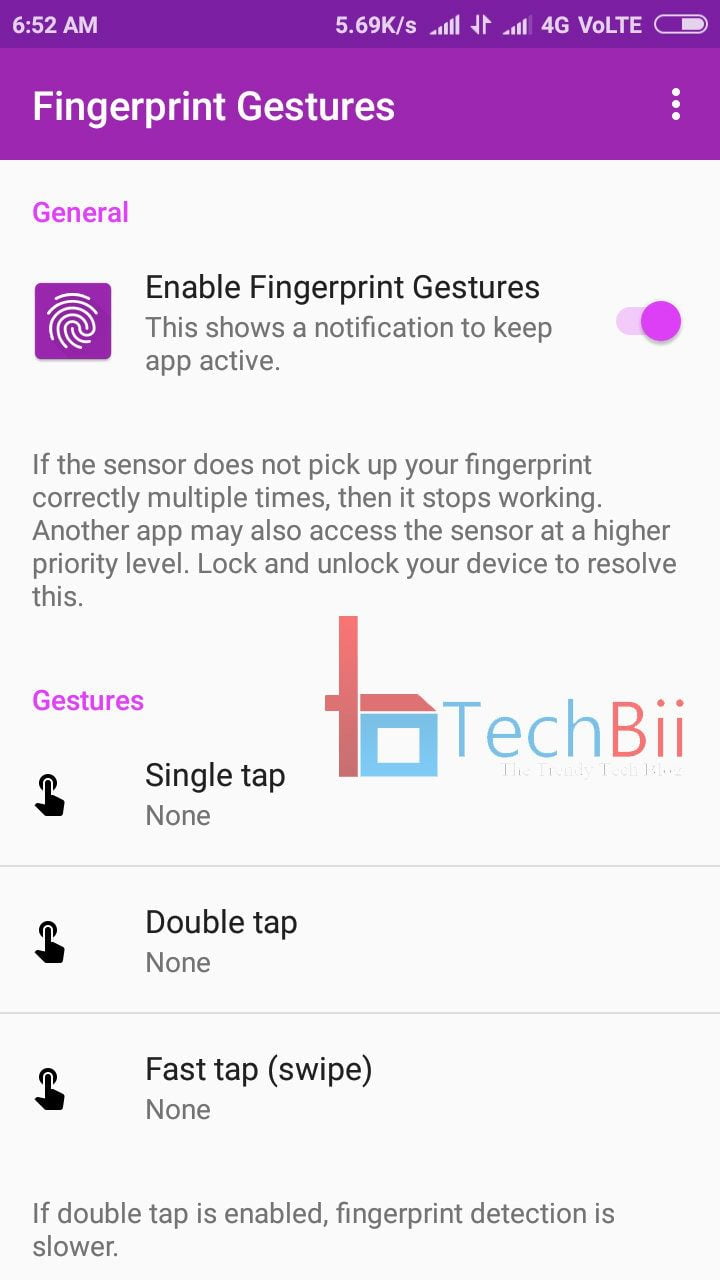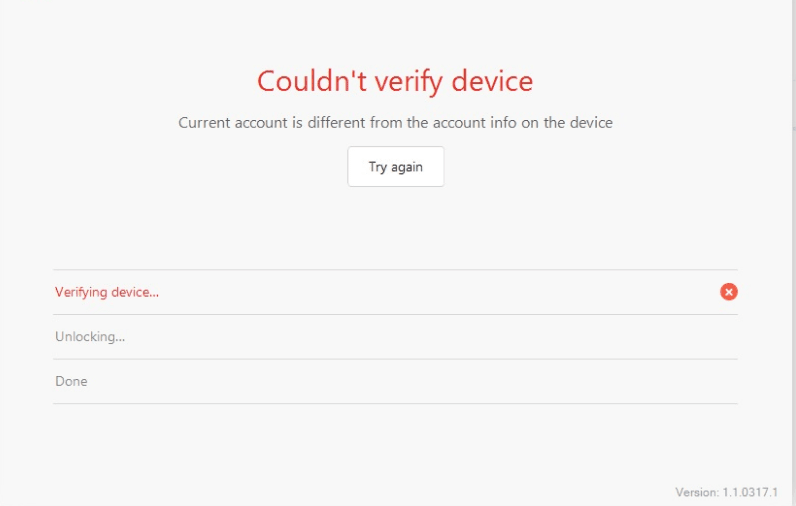
Android is the world’s most widely used mobile operating system, with a global market share of over 70% as of 2023. The platform’s versatility and open-source nature have made it a popular choice for developing custom mobile applications. Recent industry forecasts predict the Android market share to continue growing, reaching an estimated 75% by 2025, as the operating system expands beyond smartphones to power a diverse range of connected devices, including tablets, PCs, smart home systems, and wearables.
While using an android mobile app, most people think that app UI is simple and must be easy to build. The real story is discrete as skilled designers collaborate with developers to deliver a user-friendly fast UI.
Innovation brings change, and the Android OS is the prime reason for bringing the revolution in the tech industry. Since the last few years, the production and usage of smartphones have increased, it is one of the prime reasons for the rapid increase of the app development industries.
Do you know? How much effort and factors are put in together for one single app?
Yes, for developing an android mobile application, the team of designers and developers in an android app development company undergo various hardships? Yes, they consider diverse elements such as front end, back end, testing, consistent integrations, and deployment
Mobile app developers use different tools and app development frameworks to deliver the best sustainable results.
Are you aware of the best android app development frameworks that you can choose for your next project?
If not, then don’t worry. We got you covered!
Best Android App Development Frameworks 2024
1. React Native
It is one of the fastest-growing open-source platforms, currently boasting over 111,000 stars on GitHub. It is widely regarded as one of the most preferred cross-platform app development frameworks, utilized by high-reputed brands globally, including Facebook, Instagram, and Walmart. React Native facilitates the development of native mobile apps for different platforms such as Android and iOS, leveraging a single codebase.
The framework primarily uses JavaScript, in conjunction with the React library, and commonly employs JSX, a syntax extension that combines JavaScript with XML/HTML-like syntax. Given its widespread adoption, continuous development, and strong backing from Facebook (Meta), React Native is well-positioned to maintain its significant role in the app development ecosystem for the foreseeable future.
2. Ionic frameworks
Ionic is an open-source, free-of-cost framework widely used for developing both native mobile applications and Progressive Web Apps (PWAs). Developed by Max Lynch, Ben Sperry, and Adam Bradley in 2013, Ionic has become one of the top choices for developers worldwide, thanks to its extensive features and advantages.
The framework includes numerous useful tools and services, making it highly efficient for app development. To date, over 4 million apps have been built and published using the Ionic framework, underscoring its popularity and utility in the developer community.
3. Unity 2D/3D
It is a powerful game engine that helps developers create 2D and 3D games, including augmented reality (AR) and virtual reality (VR) applications. It is compatible with a wide range of platforms, such as iOS and Android OS. As a cross-platform app development framework, Unity enables developers to develop and export games to multiple platforms, including Xbox, web browsers, Windows, Android, iOS, and more.
Unity’s robust toolkit includes graphic elements, game objects, and momentum, complemented by an intuitive drag-and-drop interface and an extensive library of functions, making it a preferred choice for many developers. This framework is known for delivering interactive experiences with immersive content, which engages a large and diverse user base.
4. Flutter
It is a leading choice for developing cross-platform mobile applications, especially when a single codebase for mobile, desktop, and web is desired. Developed by tech giant Google, Flutter utilizes the Dart programming language and offers a toolkit that enables the creation of smooth, natively compiled apps across multiple platforms.
The framework employs Skia, a 2D rendering engine, to deliver exceptional visuals within applications. Many reputable brands, including Alibaba and Tencent, leverage Flutter to develop high-quality apps. Known for its flexible UI, rapid development capabilities, and native-like performance, Flutter stands out as a robust solution for hybrid mobile app development.
5. Xamarin
Owned by Microsoft, is a highly regarded framework for building cross-platform applications using C# and . NET. It provides developers with robust tools to create native apps for Android, iOS, and Windows platforms from a shared codebase. Xamarin stands out for its access to native APIs, ensuring that apps can leverage platform-specific features and deliver a truly native user experience.
The framework is particularly noted for its strong support for enterprise applications, offering a comprehensive development toolkit that includes a wide array of libraries and components. Integration with Visual Studio further enhances its appeal, providing a seamless development environment for developers. Xamarin’s ability to streamline the development process while maintaining high performance and native capabilities makes it a popular choice for cross-platform app development.
Conclusion:
With the inclusion of different tools and frameworks, it becomes much easier to develop an app. However, you must know each detail of the mobile app development frameworks to utilize it up to an extent. There are many more android app development frameworks, but the above mentioned have the best reviews and feedback.
AUTHOR BIO:
Anshul Sharma- CEO of Fluper, an android app development company, has taken its company forth by his hard work and his vision towards the future. He is always ready to learn about new changes in the game development industry and wants to make people updated with it.








